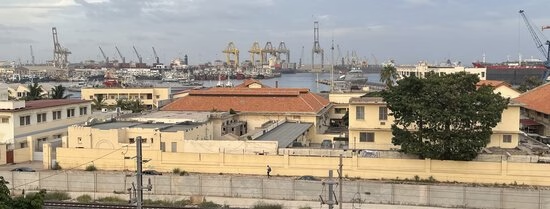In his lecture, 'The dialectic of development and dependency: Philosophical reflections and redistributive imperatives', Fischer will argue that a massive scaling up of redistribution is essential to face the scale of global challenges in a highly unequal world, from the ongoing needs of development to climate change.
- Professor
- Date
- Thursday 1 Dec 2022, 16:00 - 18:00
- Type
- Inaugural lecture
- Spoken Language
- English
- Room
- Aula B and via livestream
- Location
- International Institute of Social Studies
Rich countries have, for the most part, been counterproductive in this respect. The international aid system has mostly failed to bring about any significant redistribution from North to South. Foreign direct investment – the preferred mode for financing development by the World Bank and other multilateral lenders – does not constitute redistribution but, instead, foreign ownership in southern countries.
Liberal tax and investment regimes in turn facilitate wealth outflows from the Global South, in the form of illicit financial flows but also licit profit remittances, particularly from enclave sectors dominated by foreign ownership such as mining. This is reinforced by a global private financial system that does supply credit, but at a penalty for poor countries and poor people.
Watch the inaugural lecture live

The dominant trend over the last forty years has been one of regressive redistribution, from South to North, poor to rich.
Reversing this trend might be idealist given current political economy dynamics, but Fischer argues that it is essential to avoid the segregationist retreat into nationalist and racist global hierarchies that has increasingly become the dominant mode of dealing with the dislocations wrought by advanced capitalist development and climate change.
He analyses this redistributive imperative through various historical and contemporary experiences, highlighting the external foreign exchange constraint that most Southern countries face.
Finally, he imagines ways of addressing redistribution beyond the conventional and limited frame of taxing and spending. Widening the frame should include plugging the hemorrhaging of wealth and value from the Global South, reforming the international financial and monetary system in ways that are preferential to poorer countries, and a return to more radical strategies of asset redistribution, including nationalization.
However, beyond these options, any ‘just transition’ will still require a massive mobilization of resources directed to the Global South.

